#chevrolet
Chevy Shows Off Fully Electric Silverado EV at CES Keynote
The truck arm of Chevrolet has been teasing its all-electric pickup for some time now, promising a rig that will do fisticuffs with the Ford F-150 Lightning and Rivian R1T, among others. While no one from GM’s keynote was on the ground at CES in Vegas (thanks, Covid), a packaged presentation spelled out all the details – including one surprising and exciting new trim level.
Chevrolet Announces $30,000 Electric Equinox at CES 2022
General Motors CEO Mary Barra made a slew of product announcements during CES 2022, with the biggest being an update on the Silverado EV. However, Chevrolet will need to fill out its ranks if it’s to become a totally electrified brand as planned, resulting in the confirmation of electric variants of the Equinox and Blazer.
With modestly sized crossovers and SUVs still gaining ground in North America, Barra believes it makes good sense to electrify a couple in the assumption that the segment will have a larger pool of customers to draw from. But there’s precious little detail about either model, minus GM’s promise to launch both models by 2023 and sell the Equinox EV for around $30,000.
Some Car Companies Hit the Brakes on CES
To say that large events are spitting and sputtering their way back into action would be massively underselling the challenges facing promoters and showrunners in the age of Covid variants and travel-related headaches. While some car-related sporting events have been carried out – witness the various and sundry major auto races this year – indoor events like trade shows continue to have challenges.
The latest? CES in Vegas. After becoming the defacto replacement for the Detroit Auto Show at this time of year, more than a few carmakers have decided to pull out of the event after promising big reveals this year at one of the world’s largest tech shows.
Corvette Production Halted Over Kentucky Tornadoes, TMMK Okay
Chevrolet’s Corvette plant in Bowling Green, Kentucky, will be seeing a week of downtime following the vicious tornadoes that swept through the United States over the weekend. With twisters populating Southern and Midwestern states, Kentucky became ground zero from some of the most devastating weather seen all year.
Governor Andy Beshear called for a state of emergency Saturday due to the extensive damage across the state, with Bowling Green yielding some of the most harrowing examples. While the Corvette factory was spared the total destruction endured by other buildings, General Motors has said the site will still need to remain closed so the necessary cleanup can be done.
GM CEO Says Incentives May Help America Transition to EVs
General Motors CEO Mary Barra has chimed in on the weeklong open discussion about whether or not it’s a good idea for America to embrace the Biden administration’s EV tax credit plan, which just so happens to be deeply intertwined with the Build Back Better Act’s cavalcade of federal initiatives.
As we’ve already covered the topic more than once, we’ll avoid the recap and simply post the relevant links where Tesla CEO Elon Musk recommended pitching the entire bill into the trash and Transportation Secretary Pete Buttigieg went to bat for the White House by suggesting the updated tax scheme was a necessity for electrification to thrive. Barra opted to go with the latter take, stating that it could help accelerate EV adoption.
Cold Comfort: GM Binning Heated Seats & Steering Wheel in Some Models
While this news initially surfaced late Friday, we feel it is a significant move by General Motors, one which warrants a bit of discussion even after umpteen different car blogs parroted this news over the weekend.
At issue? The current level of global supply chain disruption, of course. With the only chips in Detroit apparently being of the salt & vinegar kind, car companies have been forced to make some tough decisions – but yoinking heated seats is a very substantial change.
Junkyard Find: 1985 Chevrolet Cavalier Wagon
Chevrolet built Cavaliers for close to a quarter-century, selling something like five million units. If you count the all the other J-body siblings sold around the world (including some really weird stuff), the extended Cavalier family is one of the largest in automotive history. Somehow, though, the once-ubiquitous 1982-1987 first-generation Cavaliers have all but disappeared from North American car graveyards; I’ve documented plenty of later Cavaliers during my junkyard travels, sure, but the early ones seem to have been crushed decades ago. Finally, here’s a reasonably straight ’85 wagon in a northeastern Colorado yard.
Chevrolet Bolt Recall: Orion Assembly Schedules Some Downtime
Michigan’s Orion Assembly will be taking three weeks of downtime this month as General Motors continues addressing the fire recall pertaining to Chevrolet’s all-electric Bolt.
The automaker notified employees that the facility will see production idled from November 15th through December 3rd, though vehicle assembly won’t resume until the 6th. However the plant is already running on a diminished schedule so staff can assist with maximizing LG battery output and offer additional support related to the recall.
Heavy Metal: GM Invests Millions in Ohio
General Motors seems bent on preparing some of its existing facilities as supporting players for future programs. The company has announced a $46 million investment in the metal stamping operation in Parma, Ohio, a town located about 20 minutes south of Cleveland that has nothing to do with the tasty cheese one puts on their pasta.
Rare Rides: A 2000 Chevrolet Metro, Which is New
Today’s Rare Ride will upset some of you. It’s one of those cars that was very common in its day, entirely disposable, and a prime example of the characterless econobox. Yet because it was such a throwaway, nobody ever saved one – except this one.
Visiting us from 21 years ago, it’s a Chevy Metro with 400 miles.
The Right Spec: 2022 Chevy Colorado
GM’s mid-sizer showed up as a contestant in the Ace of Base series a couple of years ago, back when the four-banger could be paired with a manual transmission. Chevy has since quietly removed that option from its order sheet, leaving cheapskates frugal shoppers with a fistful of automatic transmission.
An advantage of these Right Spec posts? The ability to venture beyond the bargain basement. Despite its second-rung status in the Chevy Truck pecking order in terms of size, there’s no shortage of trim configurations for this bowtie pickup. Throw in a trio of body styles plus a few engine choices, and the decision tree grows quite a number of branches.
2023 Chevrolet Corvette Z06 Brings the Track to the Street
The 2023 Chevrolet Corvette Z06 is here.
And on paper, it appears to be bad-ass in ways worthy of the Z06 designation.
Abandoned History: The Cadillac Cimarron, a Good Mercedes-Benz Competitor
Sometimes car companies get a bit carried away with a new idea that, for a myriad of reasons, doesn’t translate so well in its execution. Toyota (and other Japanese companies) did exactly this when they invested in the very unsuccessful line of WiLL cars and other consumer products in the early 2000s.
Today we look at a 1980s domestic example of an idea that fell flat. It was the time Cadillac thought applying lipstick to a Cavalier-shaped pig would make the BMW and Mercedes-Benz 190E customer come a’callin. It’s time for Cimarron, a J-body joint.
Rare Rides: The 1987 Chevrolet Cavalier RS Convertible, Last of First
The Rare Rides series is a friend to the General Motors J-body. In 2018 we featured a 2000 Sunbird from ’83, in 2020 there was the ’84 Oldsmobile Firenza Cruiser, and earlier this year a ’91 Cavalier wagon.
But we’ve never featured the OG J-body main event, a first-gen Cavalier. Let’s go.




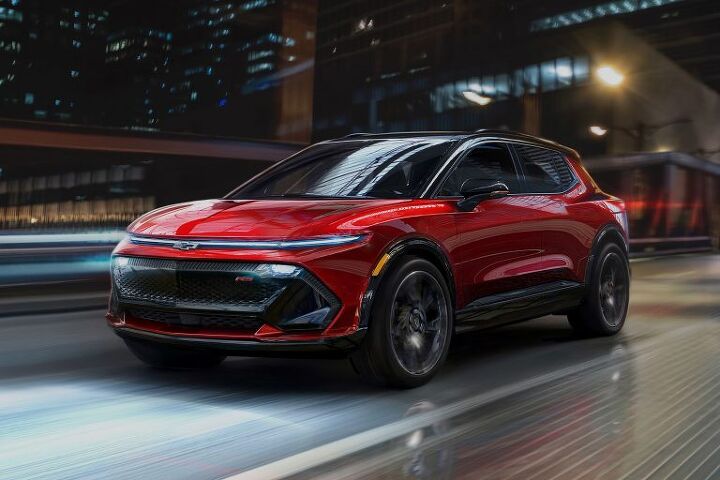
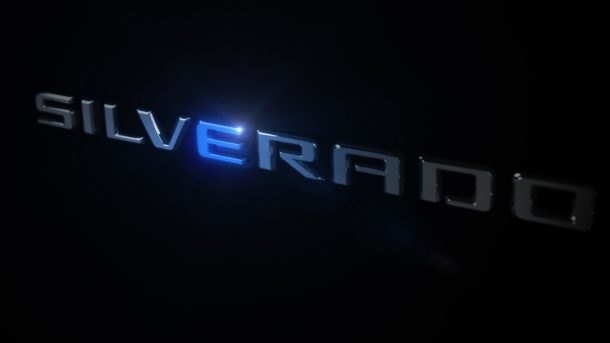

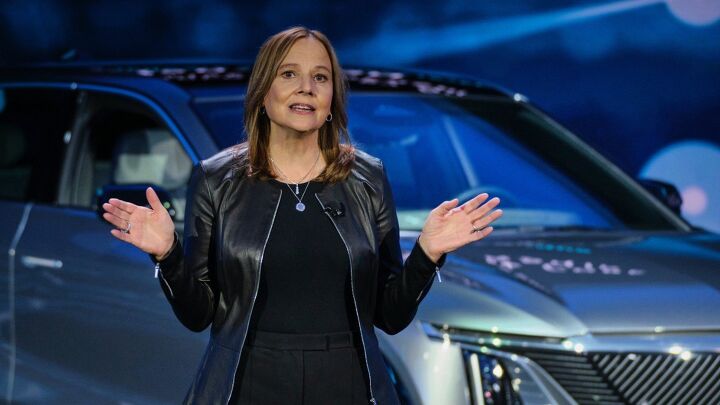
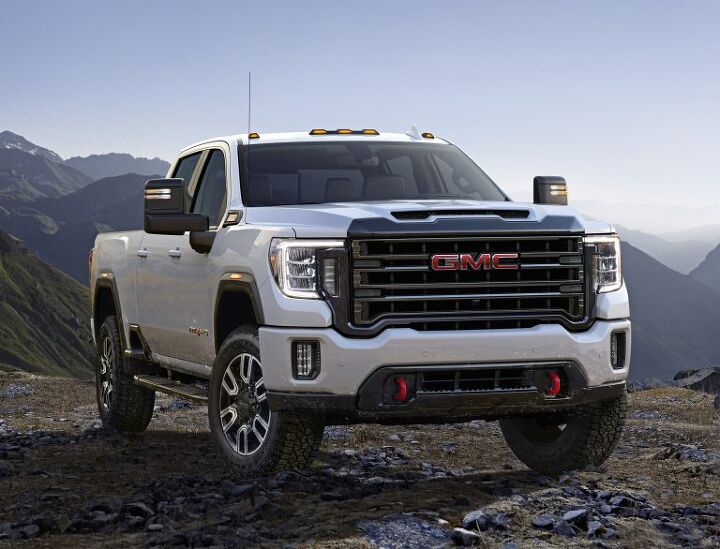
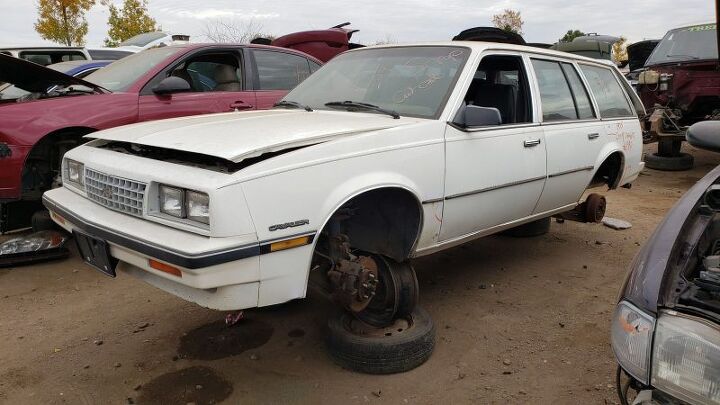

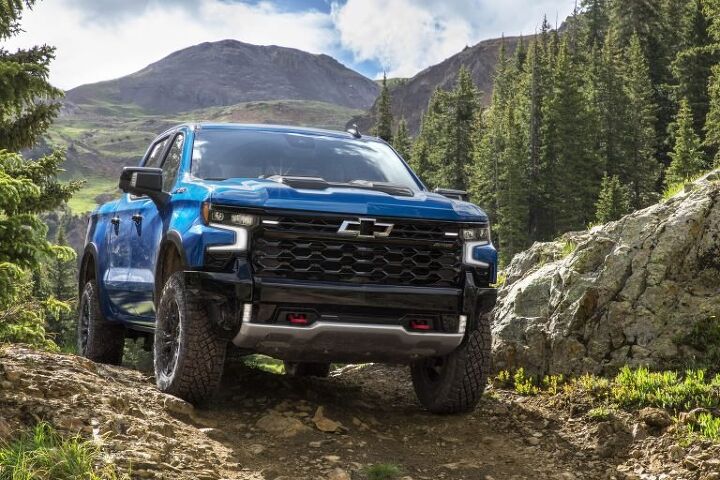
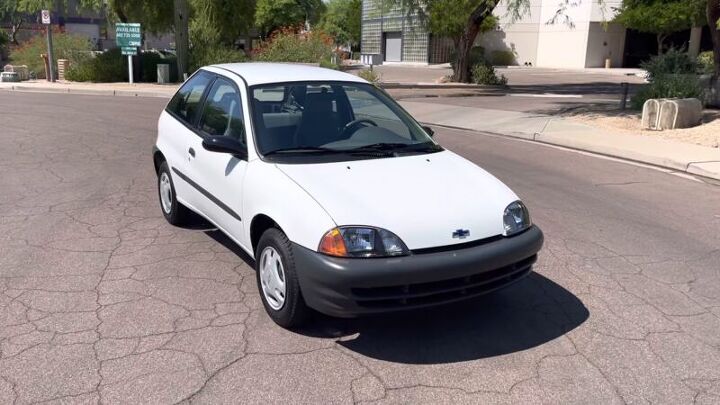
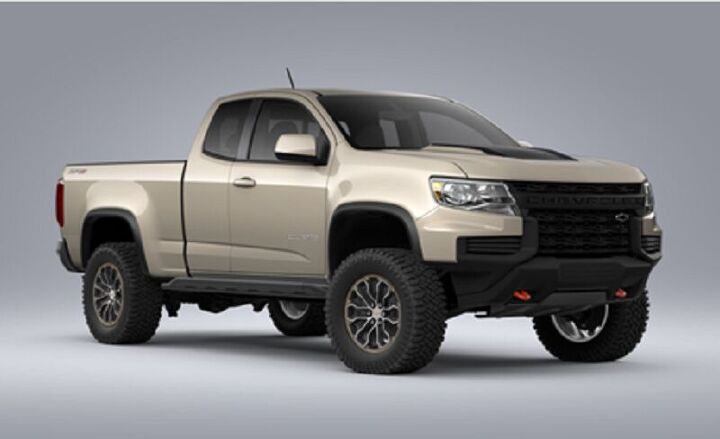



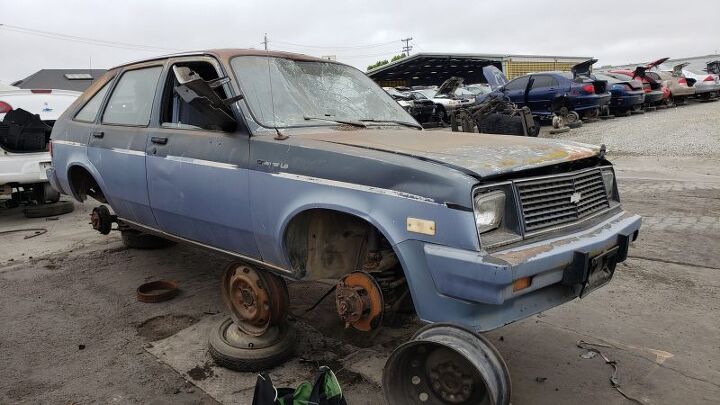












Recent Comments